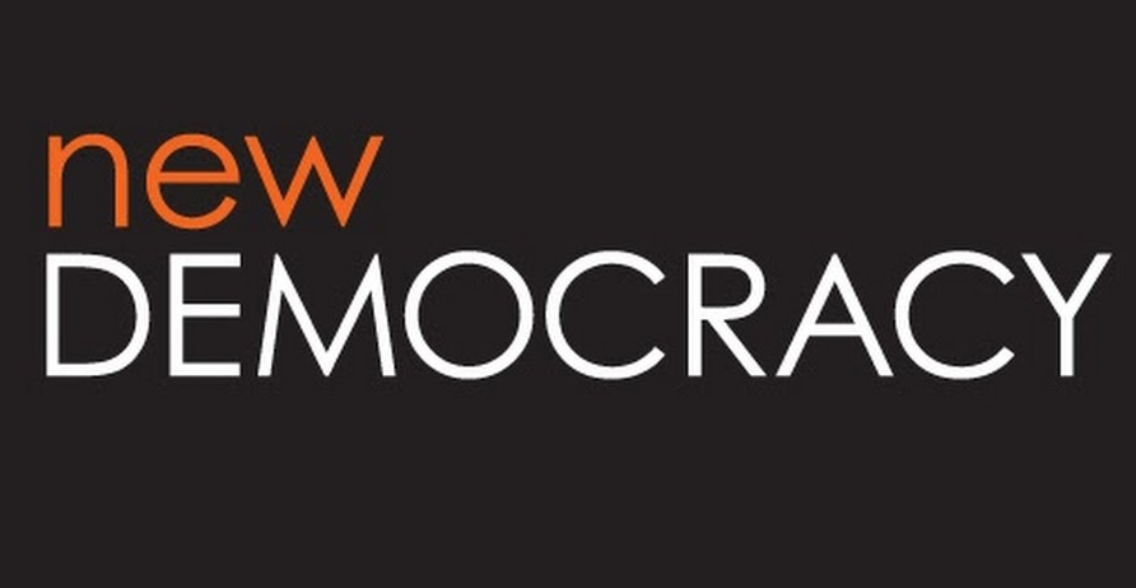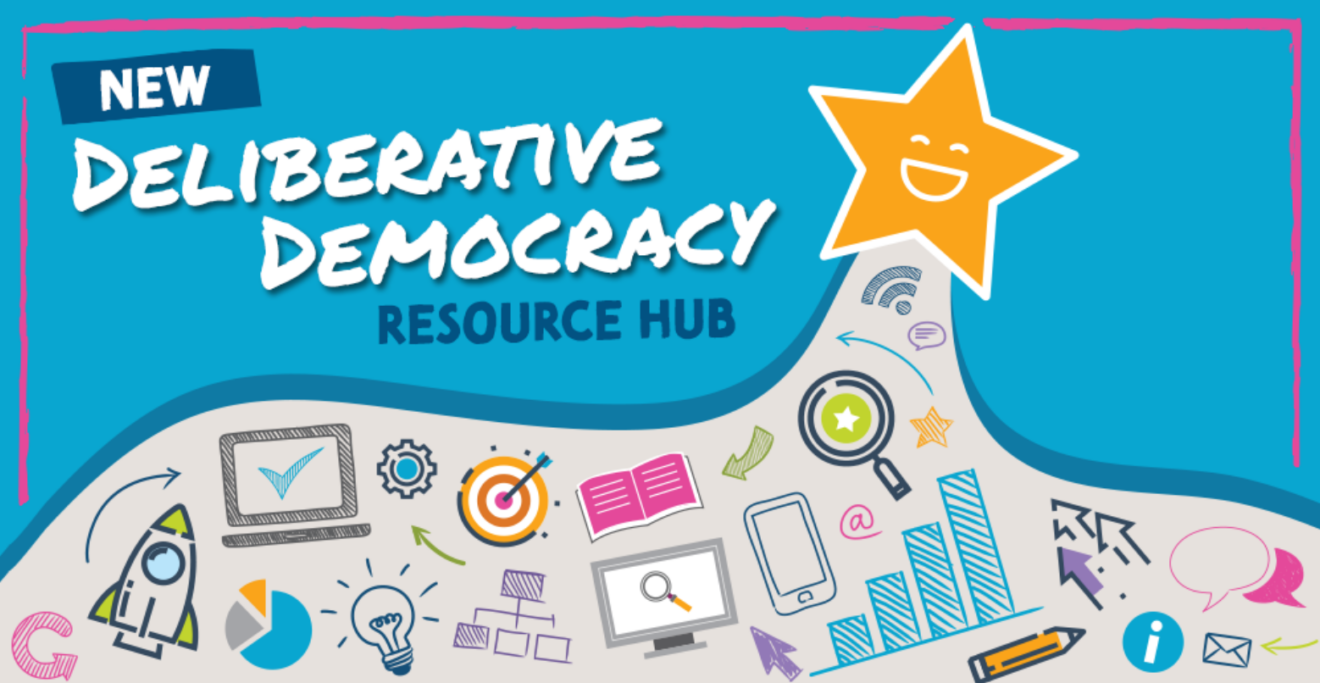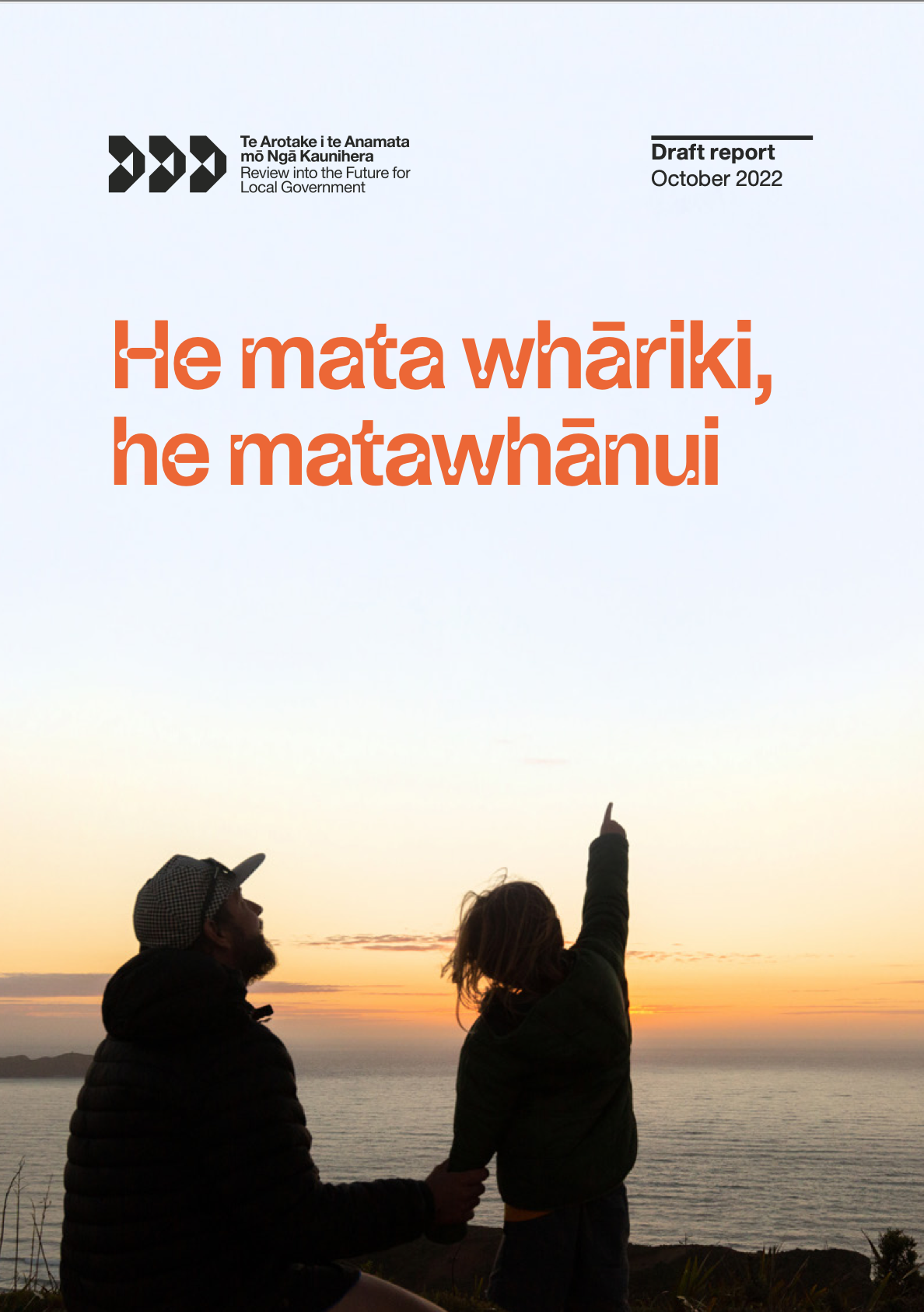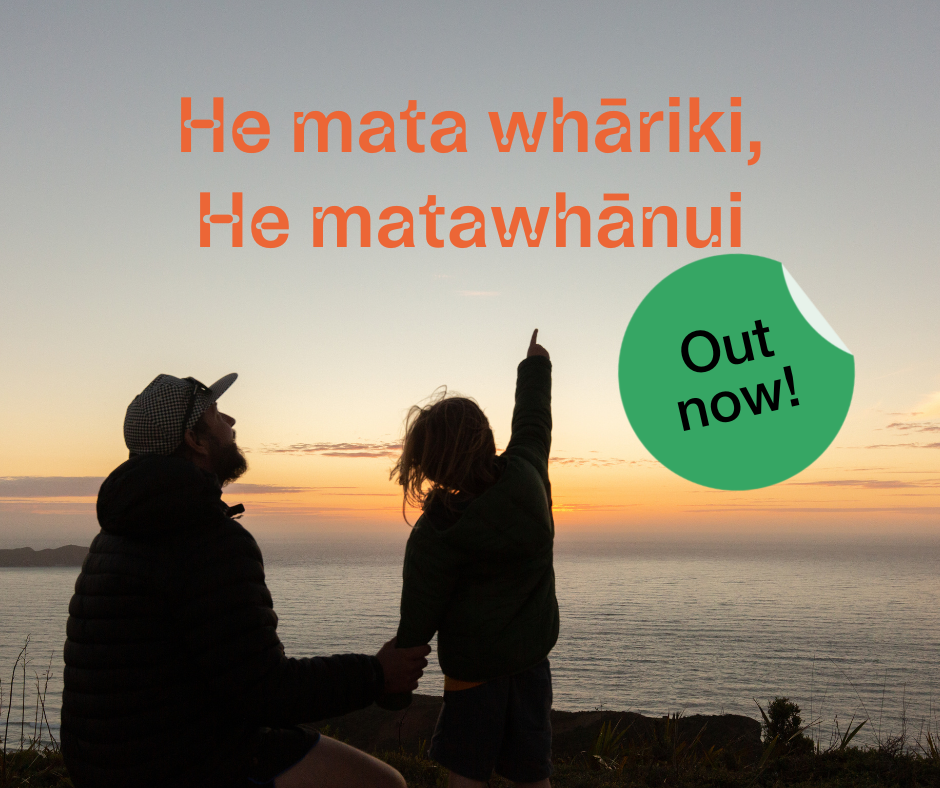Why
The Review into the Future of Local Government recommends that councils make more use of deliberative processes to engage with the public because they can:
- Enable better policy outcomes
- Provide greater legitimacy to decision-making
- Enhance public trust
- Make governance more inclusive
- Improve transparency
- Grow community resilience to disinformation.
What
This video gives a quick overview of what deliberative engagement is. The resources listed in the how-to section below, provide much more detail.
We see citizens’ participation in local government decision-making, not just as a tool that contributes towards growing local democracy, but also as a vital part of the very essence of democracy itself.
He mata whāriki, he mata whānui – draft report of the Review into the Future for Local Government
Research across the field has shown that a well-facilitated group of citizens can make better decisions than a group of experts, as they are coming to the topic with an open mind, and that inclusive processes that enable greater cognitive diversity lead to smarter, more legitimate decision-making.
Why use deliberative engagement?
Victorian councils have been required by law to use deliberative engagement processes for their Community Vision, Council Plan, Financial Plan and Asset Plan since 2020. MosaicLab, a leading public engagement firm, facilitated 11 deliberative engagement processes for Victorian councils in 2021. It has made two videos that capture citizen and council leader reflections about these processes.
Watch the two videos below to hear why Australian citizens and senior council leaders from Victoria think councils should use more deliberative engagement.
Citizen experiences
Council leadership experiences
How-to resources
Thousands of public deliberation processes have been conducted globally, and lots of how-to guides and resources are available. We highlight below resources that we think NZ local authorities will find useful, especially from Australia, where deliberative processes have been used since the mid-2000s.

The newDemocracy Foundation
newDemocracy is an independent, non-partisan organisation, which aims to develop, demonstrate, and promote deliberative processes which will restore trust in public decision making. Useful resources include:
- Plans, methodologies and evaluations for dozens of deliberative projects, many for local authorities, covering diverse issues
- Practical principles, advice and guides for organising deliberative process
- Access to digestible research notes covering many aspects of deliberative democracy.

MosaicLab
With over 40 deliberative processes to their name, MosaicLab is one of the most innovative and experienced facilitation consultancies in Australia and the world. It’s Deliberative Democracy Hub includes links to:
- Facilitating Deliberation: A Practical Guide
- A short guide to deliberative engagement for Victorian Councils
- Case studies and free workshop guides and materials
- Courses for elected representatives and council staff.

Examples of NZ deliberative processes
Watercare Citizens’ Assembly on the long-term future of Auckland’s water supply, August-September 2022
Porirua’s talanoa-wānanga experiment in deliberative community governance, 2022-ongoing
Toi te Taiao: the Bioethics Council’s ‘Who gets born? Pre-birth testing‘ project, 2007-2008.
Other resources
Reports
An introduction to deliberative democracy for members of parliament. Westminster Fund for Democracy (2021)
Good practice principles for deliberative processes for public decision making. OECD (2020)
Websites
Involve
The UK’s leading public participation charity on a mission to put people at the heart of decision-making.
Participedia
A global crowdsourcing platform for researchers, activists, practitioners, and anyone interested in public participation and democratic innovations with 1000s of case studies.
Participatory Budgeting Project
A US-based organisation that empowers people to use participatory budgeting processes that deepen democracy, build stronger communities, and make public budgets more equitable and effective.
The Computational Democracy Project
A nonprofit US organisation that designs, engineers and maintains Polis, an open source, real-time system for gathering, analysing and understanding what large groups of people think in their own words, enabled by advanced statistics and machine learning.
Want to know more?
Please contact us.

